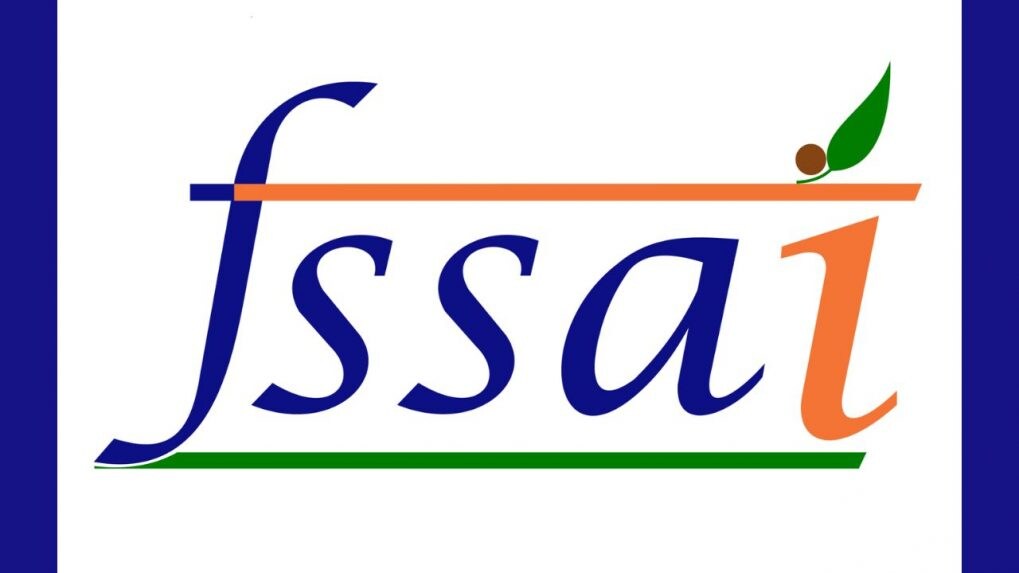How it Works
WPP, Havas, Omnicom: Are advertising’s biggest holdcos recasting agencies as AI Operating Systems?

The Food Safety and Standards Authority of India (FSSAI) has launched a comprehensive testing program for spices across all brands in the country.
The move comes after Singapore and Hong Kong suspended sales of certain spice blends from leading Indian brands MDH and Everest due to elevated levels of ethylene oxide, a pesticide harmful to human health.
According to media reports, the FSSAI has directed its teams to conduct thorough inspections, sampling, and testing at all spice manufacturing facilities, with a particular focus on producers of curry powders and mixed spice blends.
Additionally, the regulatory body has instructed state governments to conduct independent spice testing to ensure quality.
FSSAI's efforts extend beyond spices. The authority has also planned to initiate surveillance on other food products, including the likes of fortified rice and dairy products.
Not just spices, there have been cases of failed quality checks in baby food too. An investigation by Public Eye, a Swiss investigative organisation, and the International Baby Food Action Network (IBFAN), which claimed that all Cerelac baby cereal products sold by Nestle in India contain added sugar—on average nearly 3 gm per serving.
India’s food regulator permits use of lactose and glucose polymers as “preferred carbohydrates" for food for infant nutrition.
“Sucrose and/or fructose shall not be added, unless needed as a carbohydrate source, and provided the sum of these does not exceed 20 per cent of total carbohydrate," per the Food Safety and Standards (Foods for Infant Nutrition) Regulations, 2020.
From purpose-driven work and narrative-rich brand films to AI-enabled ideas and creator-led collaborations, the awards reflect the full spectrum of modern creativity.
Read MoreThe Storyboard18 Awards for Creativity have unveiled a Grand Jury comprising some of India’s most influential leaders across advertising, business, policy and culture, positioning it among the country’s most prestigious creative award platforms.